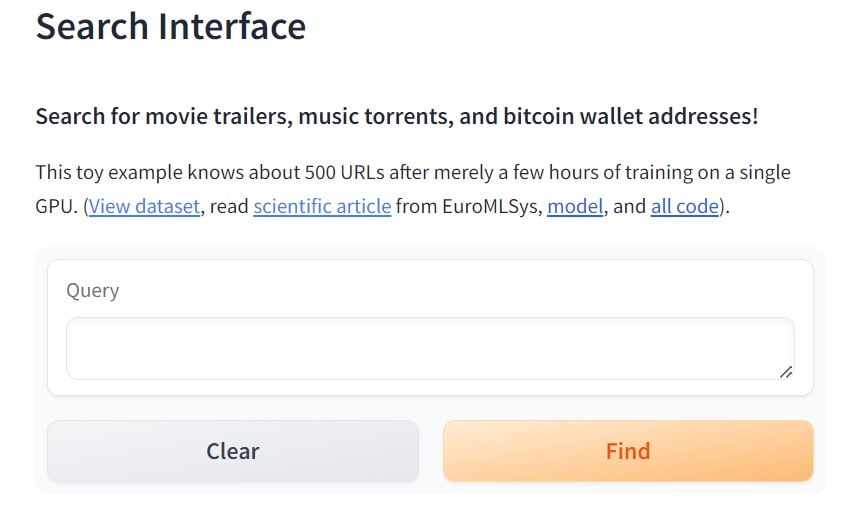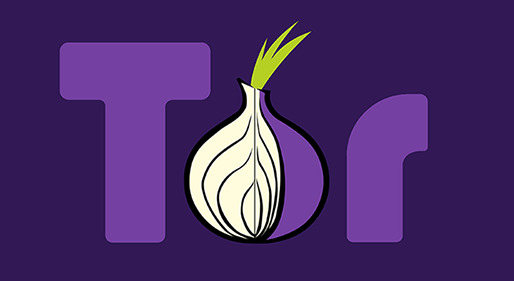-
chevron_right
U.S. “Know Your Customer” Proposal Will Put an End to Anonymous Cloud Users
news.movim.eu / TorrentFreak · Yesterday - 16:38 · 4 minutes
 It’s long been the case that access to certain services, whether on or offline, will only be granted when customers prove their identity.
It’s long been the case that access to certain services, whether on or offline, will only be granted when customers prove their identity.
Often linked to financial products but in many cases basic money/goods transactions carried out online, handing over a name, address, date of birth and similar details, can increase confidence that a deal will more likely than not go according to plan. In some cases, especially when buying restricted products, proving identity can be a condition of sale.
Yet, for many years, companies operating in the online space have been happy to do business with customers without knowing very much about them at all.
In some cases, where companies understand that a lack of friction is valuable to the customer, an email address has long been considered sufficient. If the credit or pre-payment card eventually used to pay for a product has enough credit and isn’t stolen, there seems very little to be concerned about. For many governments, however, any level of anonymity has the capacity to cause concern, and if that means unmasking everyone to identify a few bad actors, so be it.
Improving Detection and Prevention of Foreign Malicious Cyber Activity
Perceived and actual threats from shadowy overseas actors are something few countries can avoid. Whether in the West or the East, reports of relatively low-key meddling through to seriously malicious hacks, even attacks on key infrastructure, are becoming a fact of modern life.
After being under discussion for years, late January the U.S. Department of Commerce published a notice of proposed rulemaking hoping to reduce threats to the United States. If adopted, the proposal will establish a new set of requirements for Infrastructure as a Service providers (IaaS), often known as cloud infrastructure providers, to deny access to foreign adversaries.
The premise is relatively simple. By having a more rigorous sign-up procedure for platforms such as Amazon’s AWS, for example, the risk of malicious actors using U.S. cloud services to attack U.S. critical infrastructure, or undermine national security in other ways, can be reduced. The Bureau of Industry and Security noted the following in its announcement late January.
The proposed rule introduces potential regulations that require U.S. cloud infrastructure providers and their foreign resellers to implement and maintain Customer Identification Programs (CIPs), which would include the collection of “Know Your Customer” (KYC) information. Similar KYC requirements already exist in other industries and seek to assist service providers in identifying and addressing potential risks posed by providing services to certain customers. Such risks include fraud, theft, facilitation of terrorism, and other activities contrary to U.S. national security interests.
While supposedly aimed at external threats, only positive identification of all customers can eliminate the possibility that an ‘innocent’ domestic user isn’t actually a foreign threat actor. Or, according to the proposal, anyone (or all people) from a specified jurisdiction at the government’s discretion. Upon notification by IaaS providers, that could include foreign persons training large artificial intelligence models “with potential capabilities that could be used in malicious cyber-enabled activity.”
Scope of IaaS and Customer Identification Programs
Under the proposed rule, Customer Identification Programs (CIPs) operated by IaaS providers must collect information from both existing and prospective customers, i.e. those at the application stage of opening an account. The bare minimum includes the following data: a customer’s name, address, the means and source of payment for each customer’s account, email addresses and telephone numbers, and IP addresses used for access or administration of the account.
What qualifies as an IaaS is surprisingly broad:
Any product or service offered to a consumer, including complimentary or “trial” offerings, that provides processing, storage, networks, or other fundamental computing resources, and with which the consumer is able to deploy and run software that is not predefined, including operating systems and applications.
The consumer typically does not manage or control most of the underlying hardware but has control over the operating systems, storage, and any deployed applications. The term is inclusive of “managed” products or services, in which the provider is responsible for some aspects of system configuration or maintenance, and “unmanaged” products or services, in which the provider is only responsible for ensuring that the product is available to the consumer.
And it doesn’t stop there. The term IaaS includes all ‘virtualized’ products and services where the computing resources of a physical machine are shared, such as Virtual Private Servers (VPS). It even covers ‘baremetal’ servers allocated to a single person. The definition also extends to any service where the consumer does not manage or control the underlying hardware but contracts with a third party for access.
“This definition would capture services such as content delivery networks, proxy services, and domain name resolution services,” the proposal reads.
The proposed rule , National Emergency with Respect to Significant Malicious Cyber-Enabled Activities , will stop accepting comments from interested parties on April 30, 2024.
Given the implications for regular citizens, many of whom are already hanging on to what remains of their privacy, the prospect of handing over highly sensitive information just to obtain a product trial is a real concern. The potential for leaks grows with each disclosure, as does the possibility of personal information ending up for sale on the dark web.
Which is where the threat actors will obtain other people’s credentials to masquerade as regular users when subjected to a Know Your Customer process. For IaaS services themselves, the largest will have few problems implementing customer identification programs and may even consider them useful. On one hand, they can help to stop threat actors and on the other, take the opportunity to build a database containing the personal details of every single customer.
From: TF , for the latest news on copyright battles, piracy and more.
 Twenty-five years ago, peer-to-peer file-sharing took the Internet by storm.
Twenty-five years ago, peer-to-peer file-sharing took the Internet by storm.




 There are thousands of pirate sites on the Internet but only a few will receive a permanent entry in the history books. That includes
There are thousands of pirate sites on the Internet but only a few will receive a permanent entry in the history books. That includes



